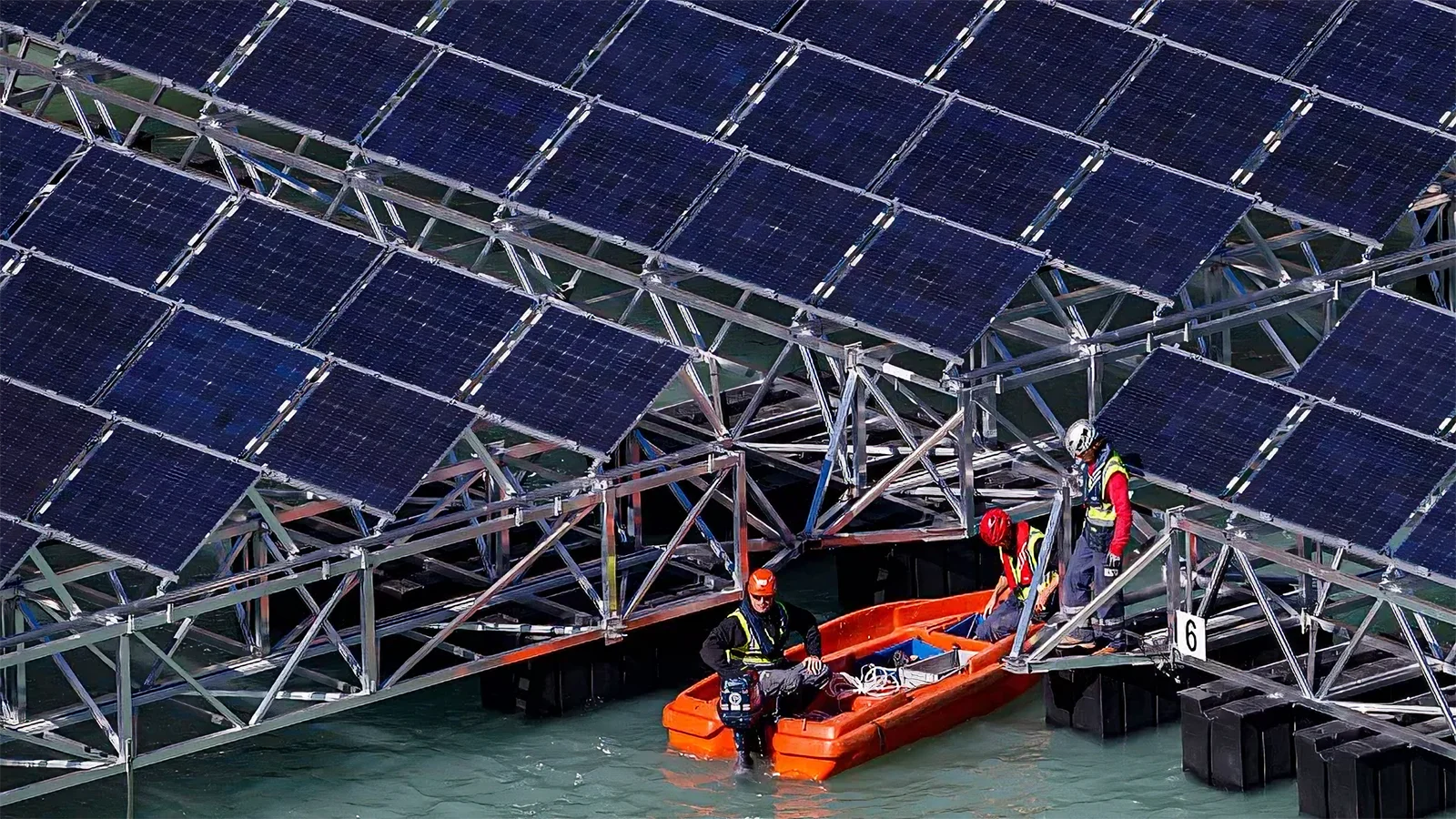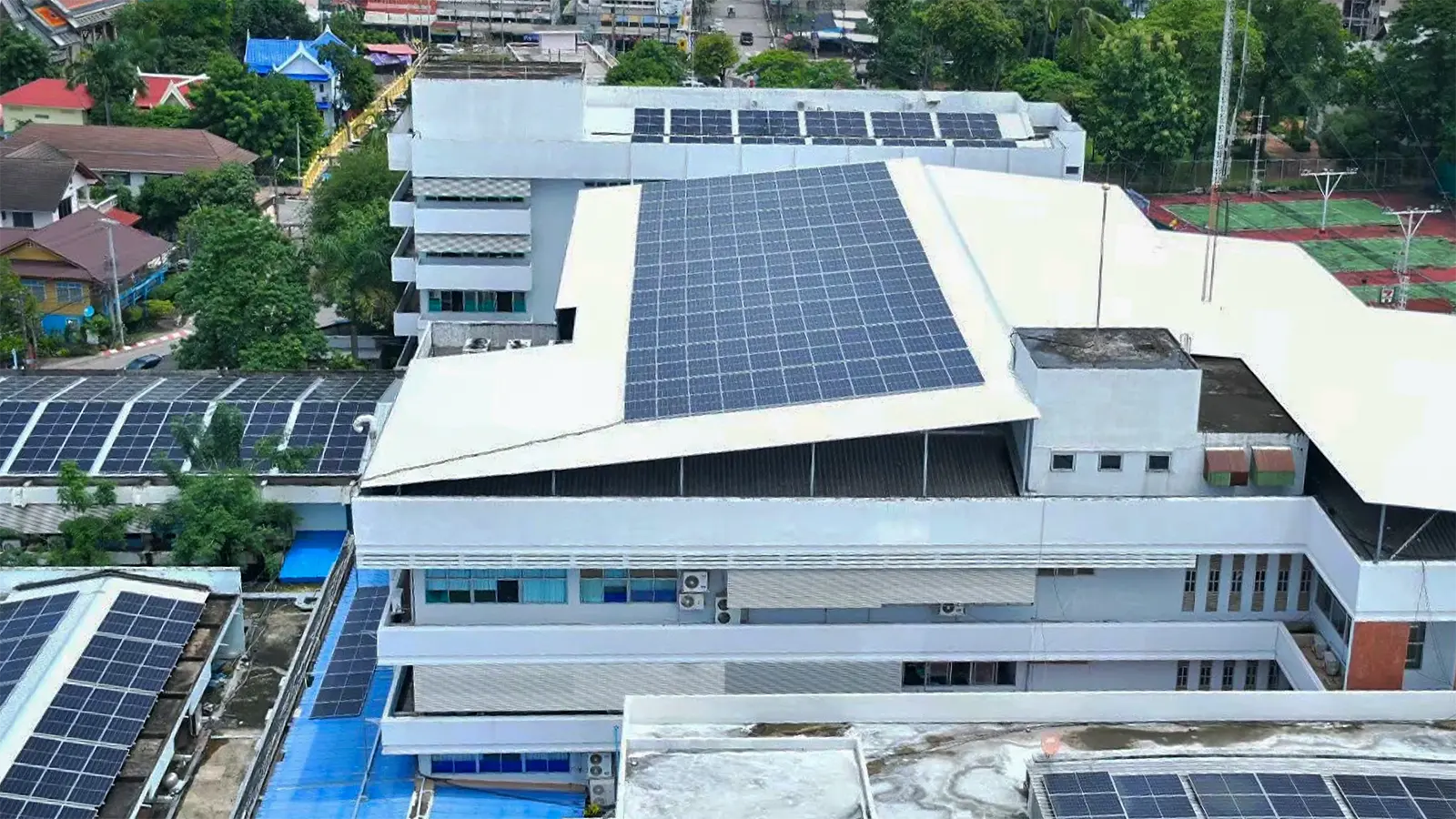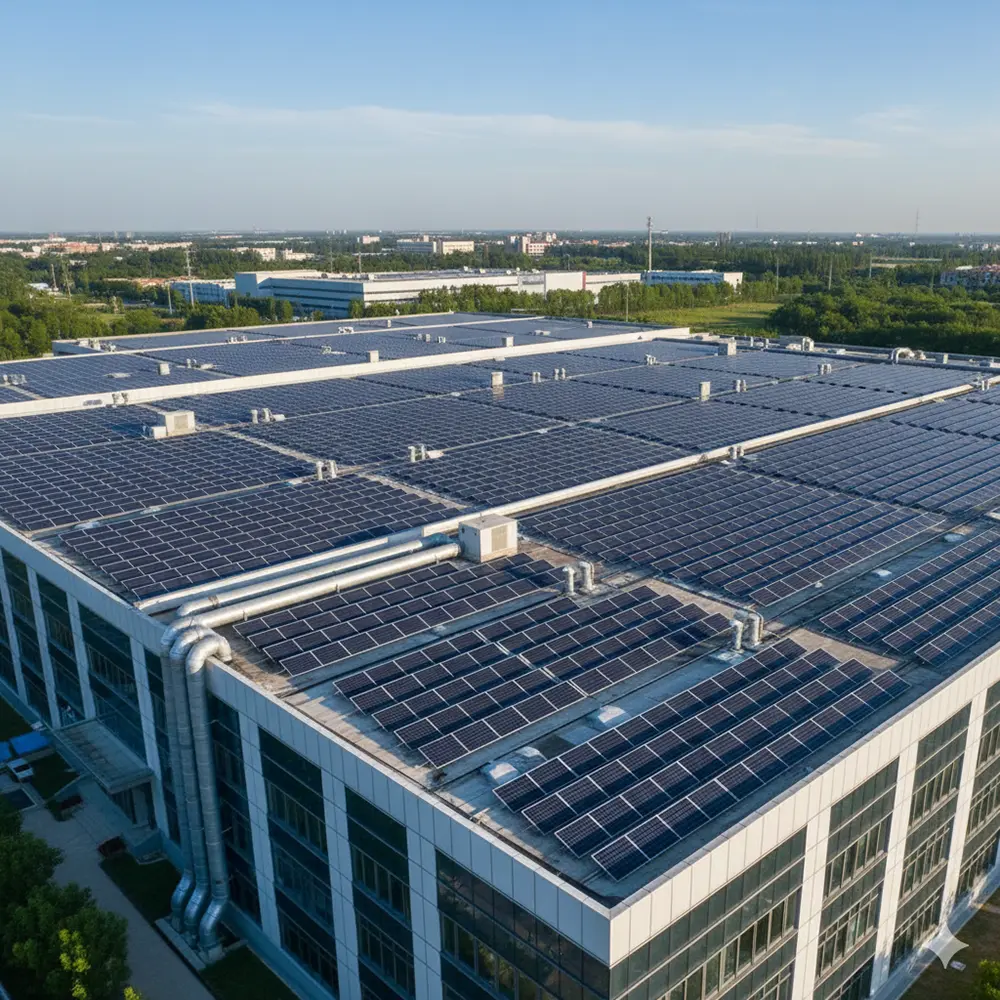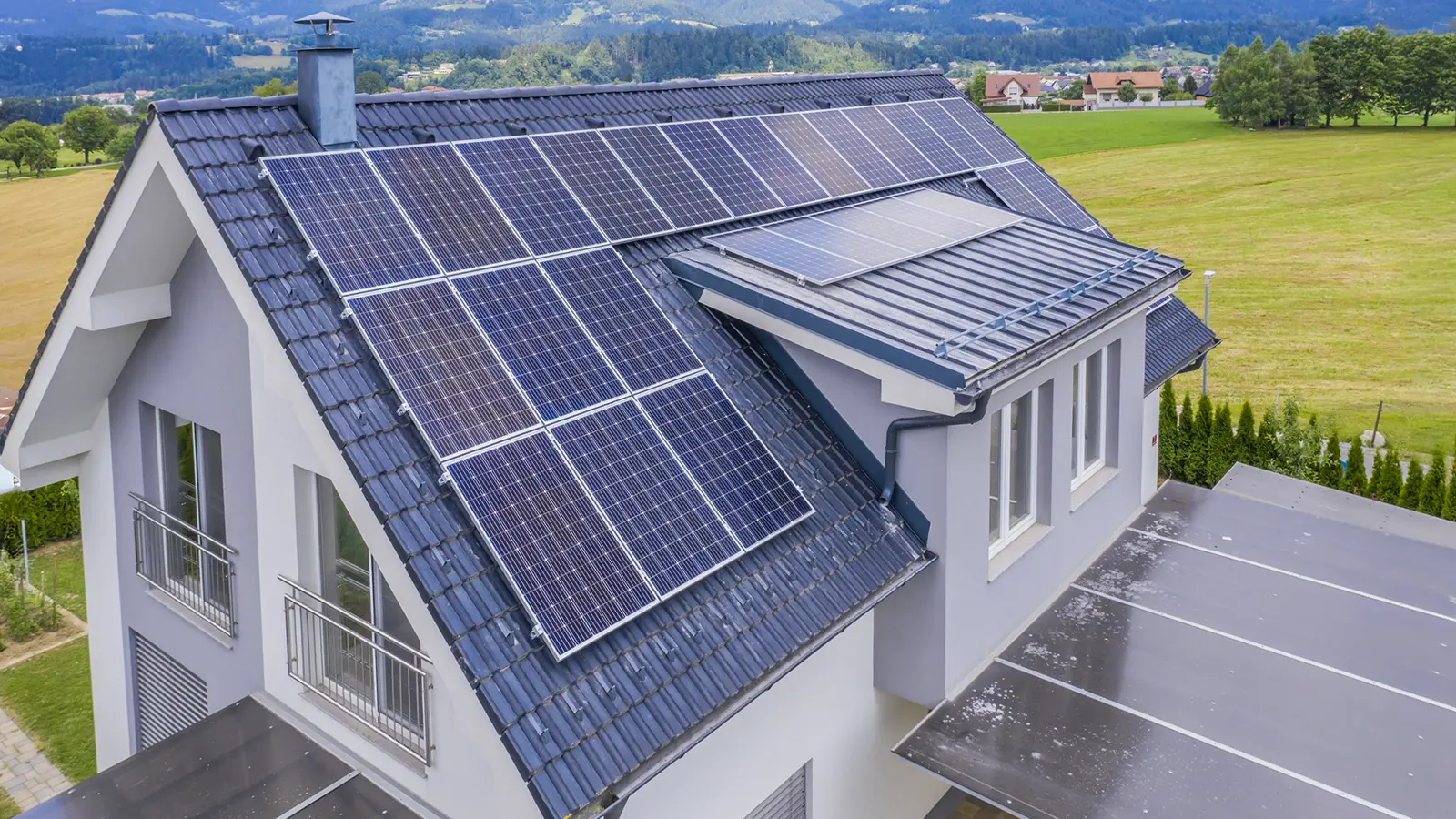News and activities
Solar power offensive: Swiss reject plan for giant solar park in the Alps

Sunday's vote led Swiss voters to reject a plan to fund and accelerate a large-scale mountain solar project.
Voters in the southern Swiss region have rejected plans to allow the construction of large-scale solar farms in the Alps.
The proposal is part of the federal government's push to develop renewable energy sources.
The referendum, held in the state of Valais on Sunday, September 10, is centered on economic and environmental interests at a time of high and increasing concern about climate change.
The state wrote on its official website that nearly 54 percent of people voted against the proposal. Turnover was nearly 36 percent.
Why did Swiss citizens reject plans for an Alpine solar park?
This vote is a test of public opinion. It has also created an unusual political alliance, with some environmental groups aligning with Switzerland's conservative populist party at some points.
They say the solar park will be a pristine Swiss mountain industry.
They argue that it would be better to decorate buildings and homes in towns and cities closer to where the energy will be used.
“Through its giant dam, Valais has provided the country with a large share of its electricity supply,” the local chapter of the Swiss People's Party said on its website. “Adding environmental degradation to this first is unacceptable.”
“The usurpation of our Alps for the benefit of greedy foreign entrepreneurs and their no less greedy local affiliates can only be an evil and dangerous enterprise for us.”
The Valais Green Party and environmental organization Pro Natura, which jointly launched the referendum, also argue that the plan does not properly consider the impact on nature and wildlife.
In calling a referendum in February, Pro Natura said it “considers the necessity of a solar invasion. But not to destroy the wild alpine areas.”
Call for various projects Focus on existing infrastructure “largely unexplored areas” such as dam walls, reservoir lakes avalanche walls and roads instead, highlighting Switzerland's high proportion of endangered species.
Alpine solar gardens can help provide renewable energy in the winter.
Proponents say Switzerland benefits from hydropower, which is the main source of energy for much of the summer.
The high-altitude solar park, located above normal cloud cover, will provide a stable renewable energy option in winter when the country needs to import electricity.
They say the federal funding will accelerate solar energy development on sun-baked Alpine hillsides.
Valais lawmakers and officials have called for a 'yes' vote on the proposal, which asks voters to agree to a decree – which the regional council passed 87-41 in February – allowing the construction of a large-scale solar park. large that can produce 10 gigawatt hours of electricity per year.
The federal Department of Energy estimates there are 40 to 50 proposals for large-scale solar parks across the country.
Will solar projects continue in the Valais?
Denial cannot torpedo all solar parks if the private sector wants to develop them.
But 'no' has set back the region, which is seen as one of the sunniest and most affordable solar parks in Switzerland, with others such as the central Bern Oberland or eastern Graubünden vying for money. Federal funding for such projects This represents 60 percent of the funding for large-scale solar parks.
It also means solar projects will face a longer approval process in the province.
In total, Swiss federal authorities have set a target of 2 billion GWh in new solar energy under the Law to Promote Solar Energy Development, which was adopted in September 2022. Some areas, such as nature reserves, are exempt. from possible developments.
With concerns about climate change and destroyed glaciers high in mind, Swiss lawmakers have approved a plan that requires Switzerland to meet greenhouse gas emissions limits. “Net zero” by 2050.
It has also allocated more than 3 billion Swiss francs (about 3.14 billion euros) to help wean companies and homeowners from fossil fuels.



